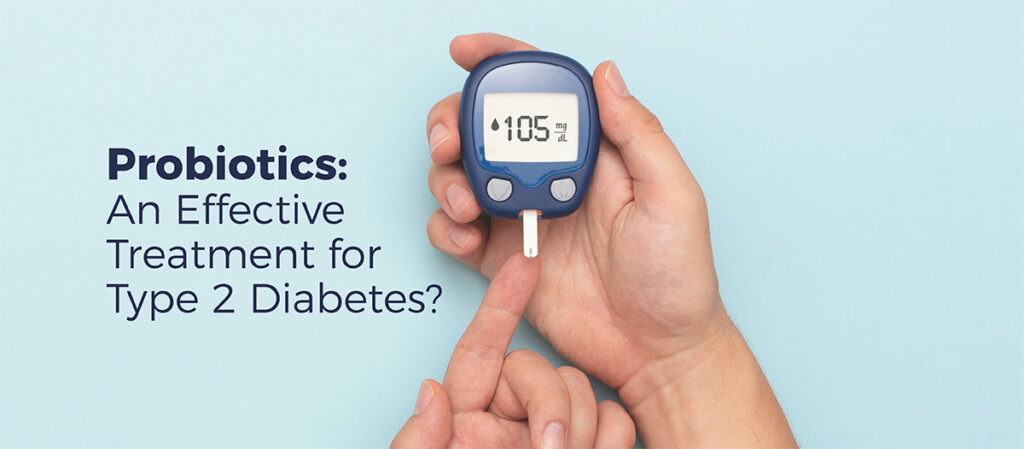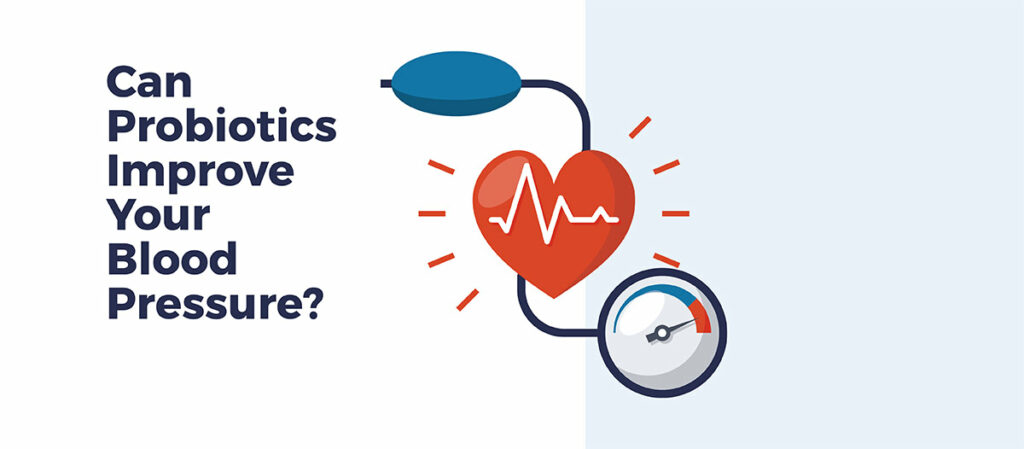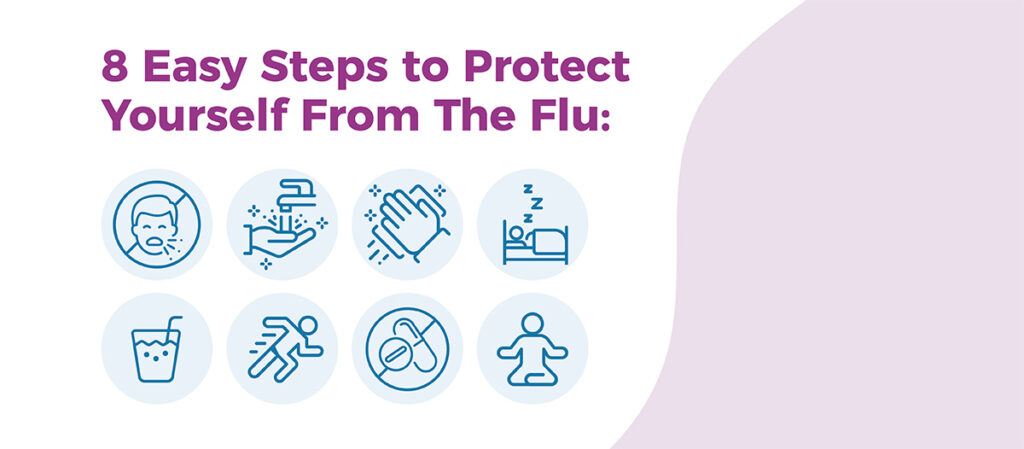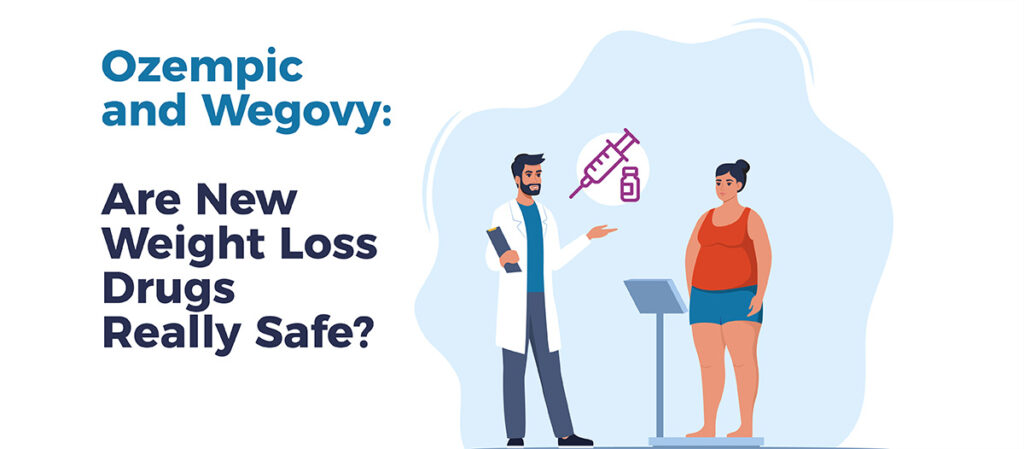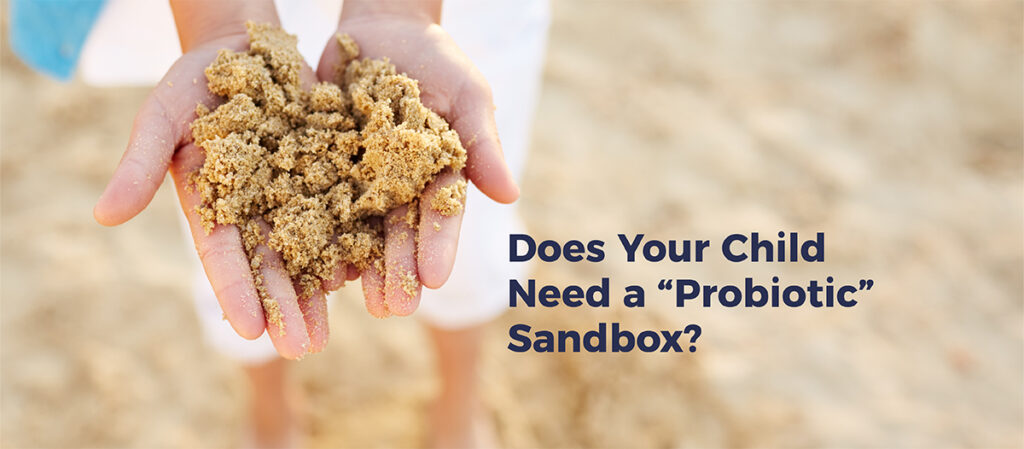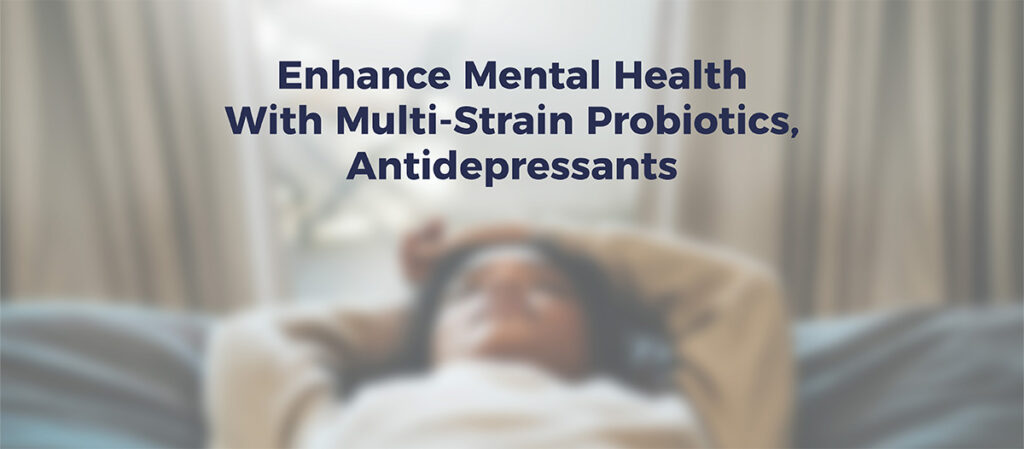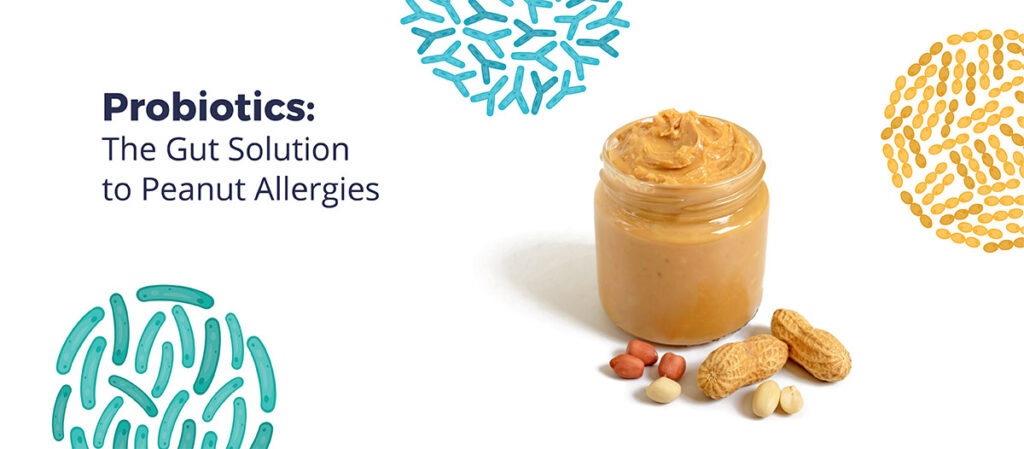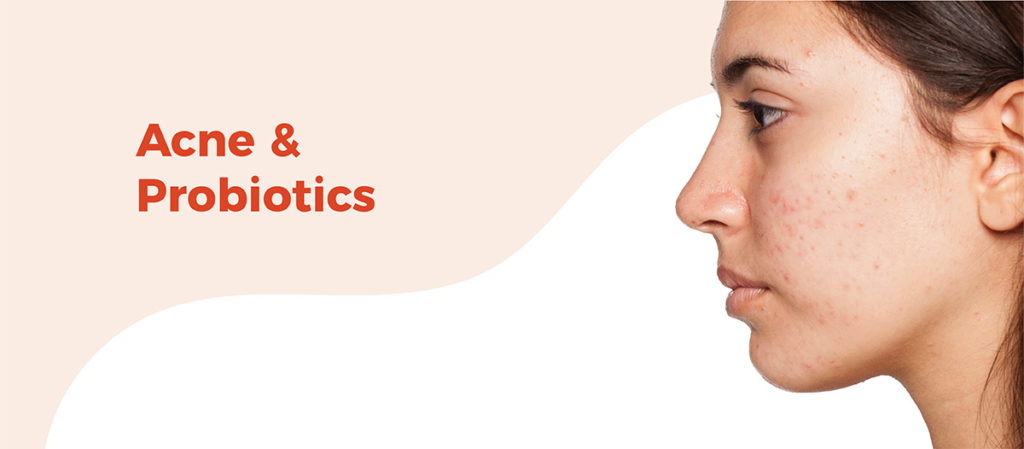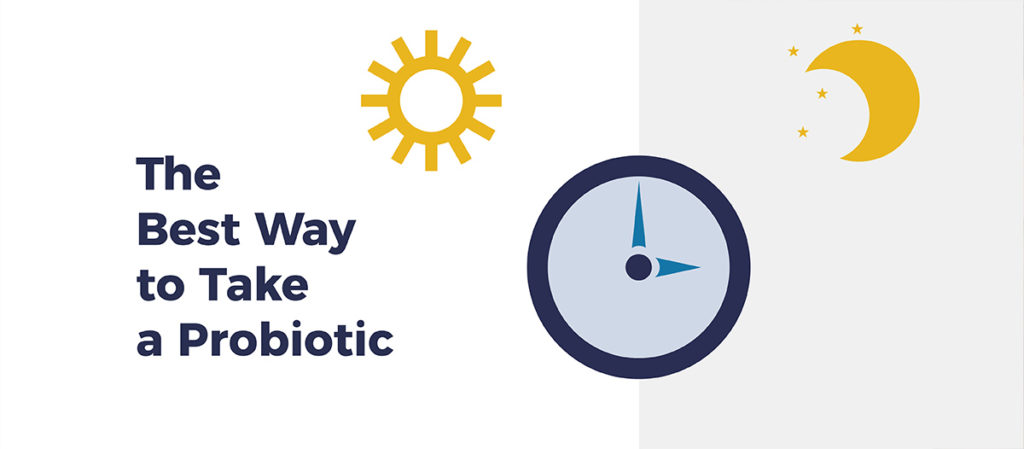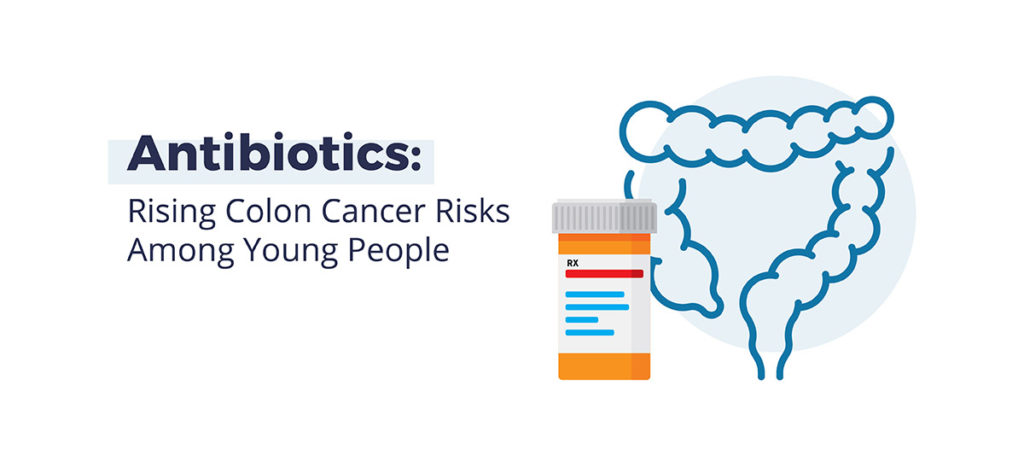Probiotics: An Effective Treatment For Type 2 Diabetes?
Summary: Is it safe and helpful to take a probiotic if you’re coping with type 2 diabetes? This survey of studies gives a thumbs-up to probiotics!
As the epidemic of metabolic syndrome continues in America — thanks to a Western lifestyle that can kill you faster than smoking — the number of Americans dealing with type 2 diabetes is growing by the day.
Among the 38 million Americans who currently suffer from diabetes, roughly 90 percent of them are dealing with type 2 diabetes. (An alarming 22 percent don’t even know they have diabetes at all!)
You can do plenty of things to manage your health if you have type 2 diabetes, from diversifying your diet to include more unprocessed whole foods to finding more time during day to get moving with some form of exercise.
Researchers have also learned so much about how an unbalanced gut microbiome affects many aspects of human health, including how it creates many challenges for type 2 diabetes patients trying to regulate their blood sugar.
If you or a loved one is struggling with managing type 2 diabetes, taking a probiotic should be at the top of your to-do list too, based on a recent review of 33 studies appearing in Nutrients.
Nearly two-thirds of the studies Canadian researchers reviewed reported improvements in at least one measurement related to glycemic levels while taking a probiotic.
In addition, nearly half of those reports cited improvements in lipid levels after taking a probiotic. That’s very important given that elevated levels of LDL lipoproteins can greatly raise one’s risks of cardiovascular diseases.
Also, the benefits of multi-strain probiotics formulated with strains from the Lactobacillus and Bifidobacterium families really stuck out with 16 studies reporting improvements in at least one glycemic measurement.
This makes sense given that the Bifidobacterium family enhances the production of healthy fatty acids and the digestion of fiber while promoting immune health and the Lactobacillus family assists the protection of the barrier lining the gut.
Finally, probiotics also worked very well with metformin, a go-to drug prescribed for type 2 diabetics, enriching the composition of gut bacteria, decreasing insulin resistance and increasing the abundance of beneficial short chain fatty acids (SCFAs).
While there’s much more research to be done, there’s little doubt that probiotics, especially those formulated with multiple strains of bacteria like EndoMune Advanced Probiotic, can be a boon to the health of type 2 diabetes patients.
Resources
Probiotics: An Effective Treatment For Type 2 Diabetes? Read More »

